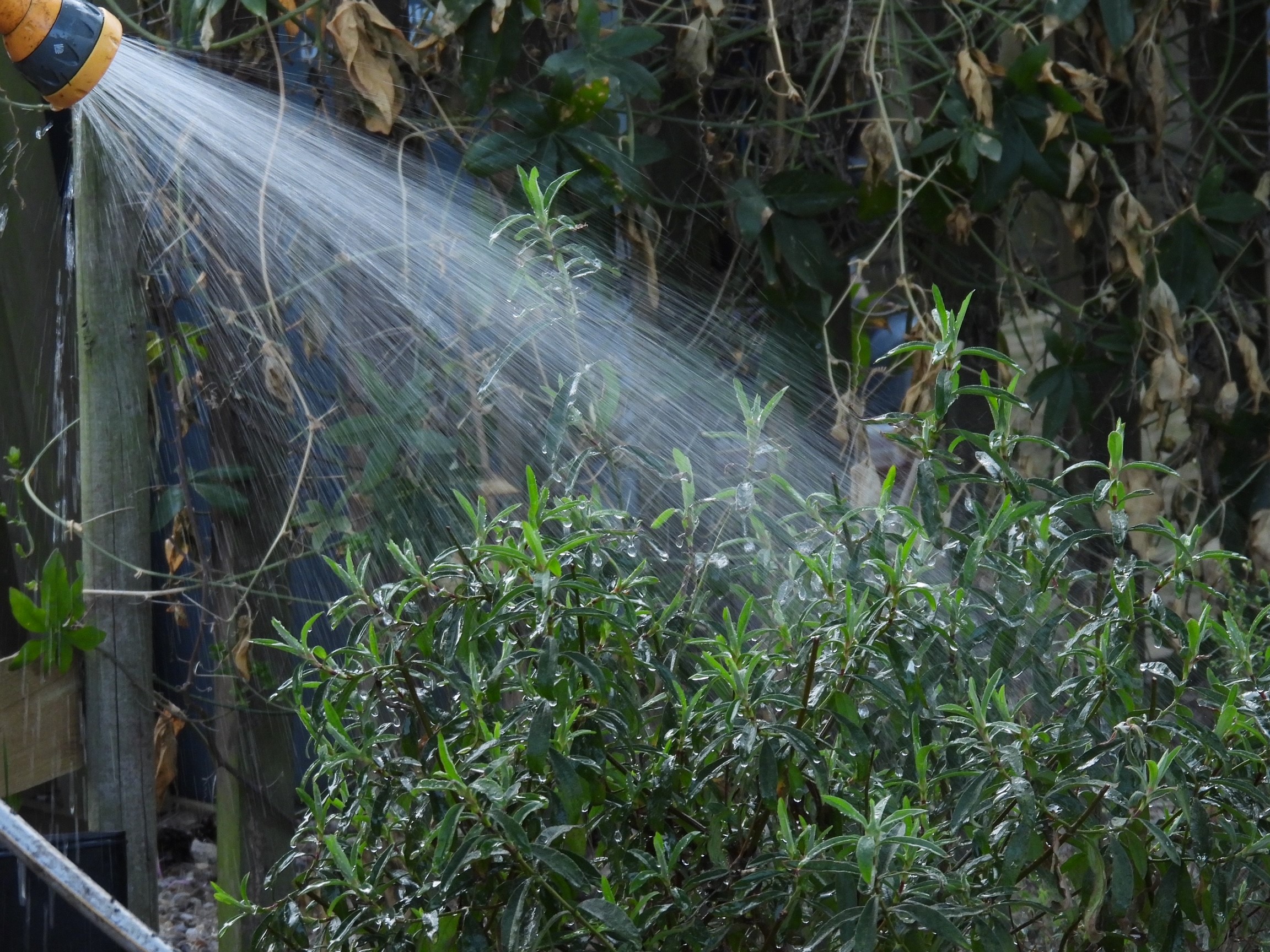
How do you make use of the space around your house? Is it a cheery welcome for visitors, a showcase of the seasons and the delights of the natural world? Or, more likely, is it a place for bins and cars? Built-up areas with small front gardens are more likely to ignore their potential, but leafier neighbourhoods do not fare much better: the focus is on privacy, exclusion and excessive neatness.”
The British see themselves as a “nation of gardeners”, and 3 million new enthusiasts have emerged since the first lockdown, according to the Horticultural Trades Association. But one in three British front gardens have no plants, while one in four have been buried completely under paving slabs. This isn’t only bad for wildlife, it can actually impact your mental health as well as that of your neighbours.
The World Health Organization defines good health as “a state of complete physical, mental and social wellbeing”. It is a complex pattern of interactions. “One of the key things that we have forgotten as human beings is that we’re animals, and we’re part of a system,” says Professor Alistair Griffiths, the Royal Horticultural Society’s director of science and collections. ”People see themselves as separate from nature but we’re very much a part of it. What we have around us in our environment is critical to our wellbeing.”
Gardening has been prescribed by the NHS since 2019 and research suggests that being able to see green space can even reduce recuperation time in hopsital.
